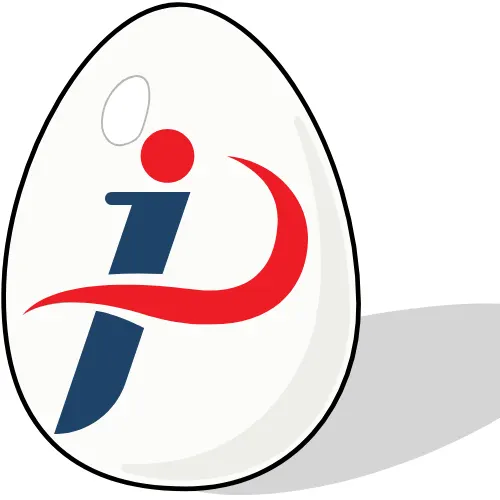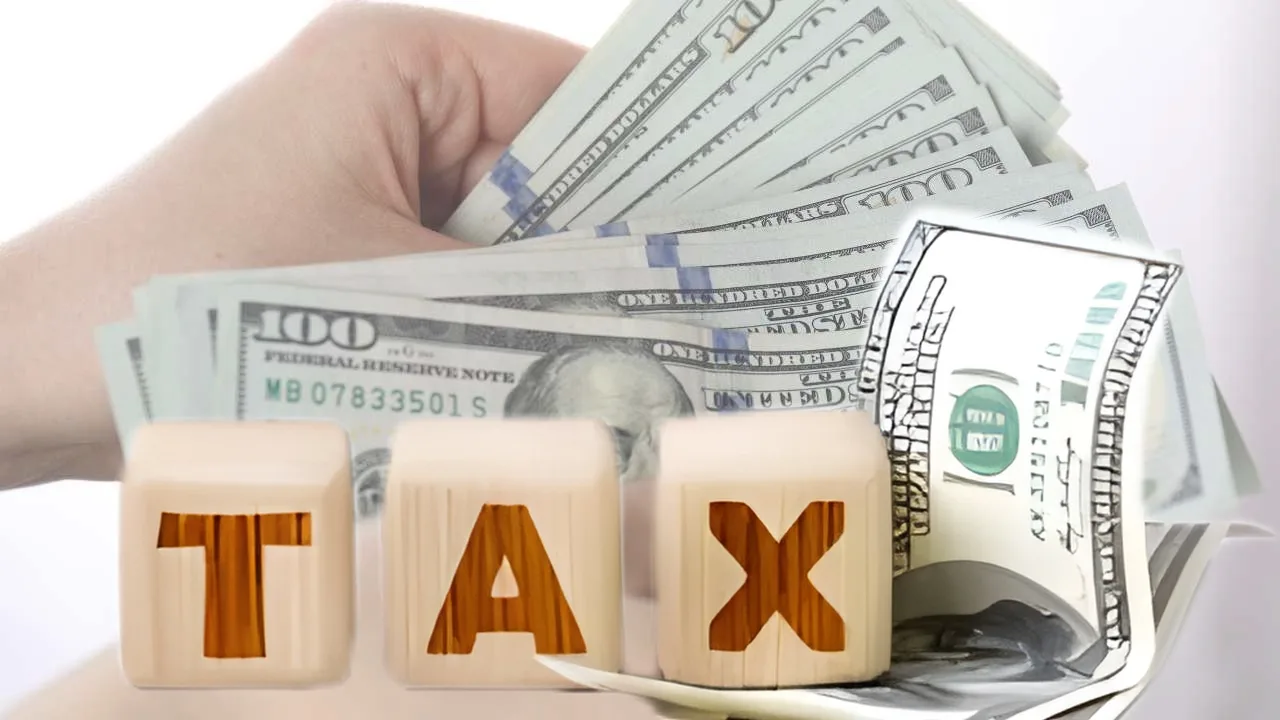While the federal tax season closed in April, New York is keeping the financial relief flowing this fall. In November 2025, millions of state residents are receiving tax rebate payments designed to offset rising property taxes and living expenses. The payments range from $300 to $1,500, depending on income level, age, and eligibility category.
These payments are part of the School Tax Relief (STAR) Program and are expected to benefit around 3 million New York homeowners, totaling $2.2 billion in distributed rebates. In addition, families welcoming new babies may qualify for a one-time $1,800 payment through the newly launched BABY Program starting in 2025.
Here’s everything you need to know about these payments, who qualifies, and how to receive them.
Federal vs. State Tax Programs: Understanding the Difference
Before diving into New York’s property tax relief, it’s important to understand how state and federal tax systems differ.
At the federal level, tax filing requirements depend on your income and filing status. Even if you are not required to pay, submitting a tax return can make you eligible for federal credits or refunds.
| Filing Status | Minimum Income to File (2025) |
|---|---|
| Single | $14,600 |
| Head of Household | $21,900 |
| Married Filing Jointly | $29,200 |
| Married Filing Separately | $5 |
| Qualifying Widow(er) | $29,200 |
At the state level, each state sets its own tax rules. Some, like Florida and Texas, do not collect income tax. New York, however, has both state income tax and property tax programs, with targeted relief measures such as the STAR Program to help offset the high cost of living.
What Is the STAR Program?
The School Tax Relief (STAR) Program is a long-running property tax rebate program designed to help homeowners reduce their school-related property tax burden. It is funded by the New York State Department of Taxation and Finance and is one of the largest homeowner relief programs in the United States.
The STAR Program has two versions: Basic STAR and Enhanced STAR, depending on your age and income.
Basic STAR Program
The Basic STAR benefit is available to homeowners under the age of 65 with household incomes of $500,000 or less.
| Category | Details |
|---|---|
| Age Requirement | Under 65 |
| Income Limit | $500,000 or less |
| Rebate Range | $300 to $600 |
| Payment Method | Direct payment or property tax credit |
This version is meant for middle-income homeowners who do not yet qualify for senior benefits but still face steep property taxes, particularly in high-cost areas like Westchester, Nassau, and Suffolk counties.
Enhanced STAR Program
The Enhanced STAR benefit is targeted toward seniors aged 65 and older who meet specific income thresholds.
| Category | Details |
|---|---|
| Age Requirement | 65 or older |
| Income Limit (2025) | $107,300 or less |
| Rebate Range | $700 to $1,500 |
| Payment Method | Direct deposit or property tax credit |
The rebate amount varies by county and local school district tax rates. Homeowners may receive their payment as a check or as a credit automatically applied to their property tax bill.
According to the Department of Taxation and Finance, rebate checks began rolling out in early November 2025 and will continue throughout the month.
How the Payment Process Works?
Eligible residents are automatically enrolled if they are already registered for STAR benefits. Payments are either:
- Mailed directly to eligible homeowners, or
- Applied as a credit to the property tax bill.
If you have moved, recently purchased a home, or are turning 65 in 2025, it’s important to update your STAR registration to avoid delays.
You can check your eligibility or update your information by visiting the New York State Department of Taxation and Finance website or calling the STAR helpline.
The BABY Program: New Cash Benefit for New Parents
Alongside STAR, New York is launching an additional relief effort known as the BABY Program (Birth Allowance for Beginning Year).
This program provides a one-time payment of $1,800 to help families with the costs associated with having a newborn in 2025 or 2026.
| Category | Details |
|---|---|
| Eligible Years | 2025 or 2026 births |
| Payment Amount | $1,800 one-time |
| Eligibility | Families receiving state social assistance |
| Purpose | To cover newborn expenses such as diapers, formula, and clothing |
The BABY Program was introduced as part of the state’s effort to combat inflation and provide targeted help to low-income families during the early stages of child-rearing.
Governor Kathy Hochul emphasized that the initiative aims to “reduce the financial burden for parents and ensure that every child in New York starts life with dignity and support.”
Comparison: STAR vs. BABY Program
| Program | Amount | Who Qualifies | Purpose |
|---|---|---|---|
| Basic STAR | $300–$600 | Homeowners under 65, income under $500,000 | Property tax relief |
| Enhanced STAR | $700–$1,500 | Seniors 65+, income under $107,300 | Property tax relief for older adults |
| BABY Program | $1,800 (one-time) | Low-income families with babies born in 2025 or 2026 | Support for newborn expenses |
These programs operate independently, meaning households can receive benefits from both if they meet the eligibility requirements.
Who Benefits the Most?
- Senior Homeowners: The Enhanced STAR rebate provides the highest benefit amounts and direct relief for retirees on fixed incomes.
- Middle-Class Families: The Basic STAR program helps offset rising property taxes for younger homeowners.
- Low-Income New Parents: The BABY Program targets households that may struggle with the initial costs of raising a newborn.
The combined programs represent a broader effort by the state to help families maintain financial stability amid rising housing, healthcare, and living costs.
Economic Impact
The rollout of these rebate programs in November 2025 demonstrates New York’s ongoing focus on affordability and inflation relief. With average property tax bills among the highest in the nation, these payments come as welcome assistance to residents facing continued economic pressure.
Financial analyst James Wallace noted, “This initiative will inject more than two billion dollars into local economies just before the holiday season. That timing is not accidental — it helps stimulate spending while supporting those who need it most.”
Local governments also benefit indirectly as homeowners are more likely to stay current on property taxes when rebates are applied automatically.
How to Ensure You Receive Your STAR or BABY Payment?
- Verify Your Eligibility: Visit the New York State Department of Taxation and Finance website to confirm that you qualify for STAR or Enhanced STAR.
- Update Your Information: If you’ve changed addresses or purchased a new property in 2025, update your records immediately.
- Check Payment Status: Payments are being distributed in phases throughout November. If you have not received yours by early December, contact the Department directly.
- Apply for the BABY Program: Families on social assistance with a baby born in 2025 or 2026 can apply through the state’s social services portal.
The Bigger Picture
New York joins other states like Pennsylvania, Minnesota, and Illinois in providing additional relief payments to residents amid high inflation and housing costs. While these rebates and credits may not fully offset financial pressures, they serve as meaningful support for millions of families.
Programs like STAR and BABY highlight how state-level initiatives can complement federal tax policies by directly addressing local economic challenges such as property tax inflation and childcare expenses.
FAQs
Who qualifies for the Basic STAR rebate?
Homeowners under 65 with an income below $500,000.
How much is the Enhanced STAR rebate?
Between $700 and $1,500 for seniors aged 65 and older with incomes below $107,300.
What is the BABY Program?
A one-time payment of $1,800 for low-income families with babies born in 2025 or 2026.
When are STAR payments distributed?
Payments are being issued throughout November 2025 across districts statewide.
Can a family receive both STAR and BABY benefits?
Yes, families who meet the eligibility requirements for both programs can receive both payments.
How do I check my STAR rebate status?
You can check your status or update information on the official New York Department of Taxation and Finance website.

